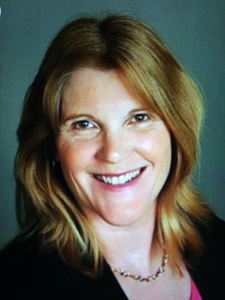Consumer Perceptions on Aging Well: Marketing Strategy Implications of a New National Survey
// By Marlene Kurban //
 People age 50 and older represent the largest demographic of health care consumers. But do you know how to best reach and market your health care organization to this audience, and which products and services resonate the most with them?
People age 50 and older represent the largest demographic of health care consumers. But do you know how to best reach and market your health care organization to this audience, and which products and services resonate the most with them?
A recent national consumer survey conducted by Cox Media Group revealed surprising insights about how older adults take care of themselves and their health, which services and treatments they seek to improve their quality of life, and which media and messaging are most effective in reaching them.
In August and September 2019, a robust national sample of 2,000 consumers 50 to 75 years old responded to questions about their health status and medical conditions, sources for health information, motivations and activities to stay healthy, body image, and familiarity with age-related treatments. Sixty-three percent were female; 37 percent were male.

Rob Klein, founder & CEO, Klein & Partners
“Sixty-three percent of consumers agreed with the statement that how they look has a lot to do with how they feel about their self-worth as a person,” says Rob Klein, founder & CEO, Klein & Partners.
“But this is not a skin-deep issue, not superficial. Sixty percent agreed that how they look has everything to do with their health. With regard to self-reported health status, 42 percent rated their health as ‘excellent’ or ‘very good.’ Only 23 percent rated their health as ‘somewhat better’ or ‘much better’ than the previous year.”
Klein presented during a recent Strategic Health Care Marketing webinar, “Consumer Perceptions on Aging Well: The Marketing Strategy Implications of a New National Survey” with co-presenter Luisa Banks, managing director, healthcare at Cox Media Group. Klein and Banks weighed in on questions relevant to health care marketers, including:
- How can health care systems broaden their reach and improve engagement with consumers age 50 and older?
- Are older consumers seeking treatment for age-related needs and where do they look for guidance, advice, or information?
- How can providers effectively partner with and empower older consumers to “age well”?

